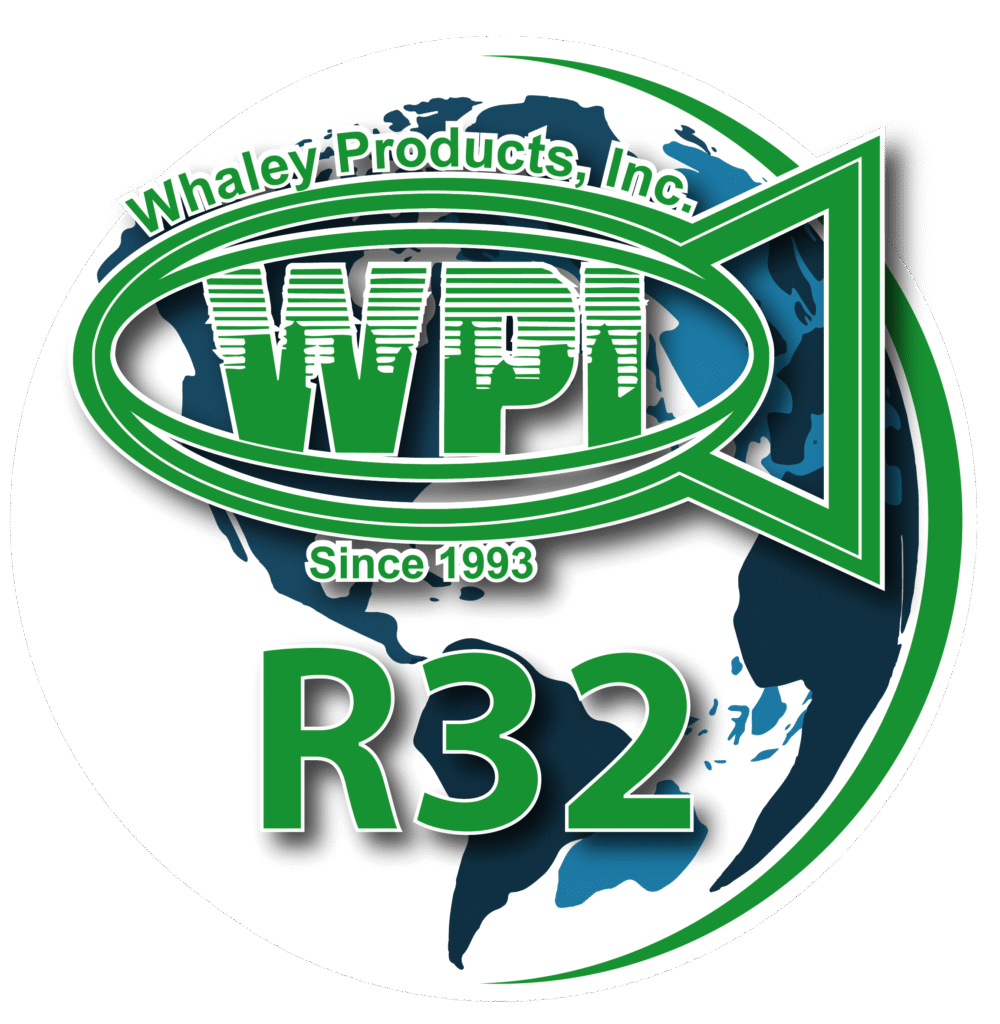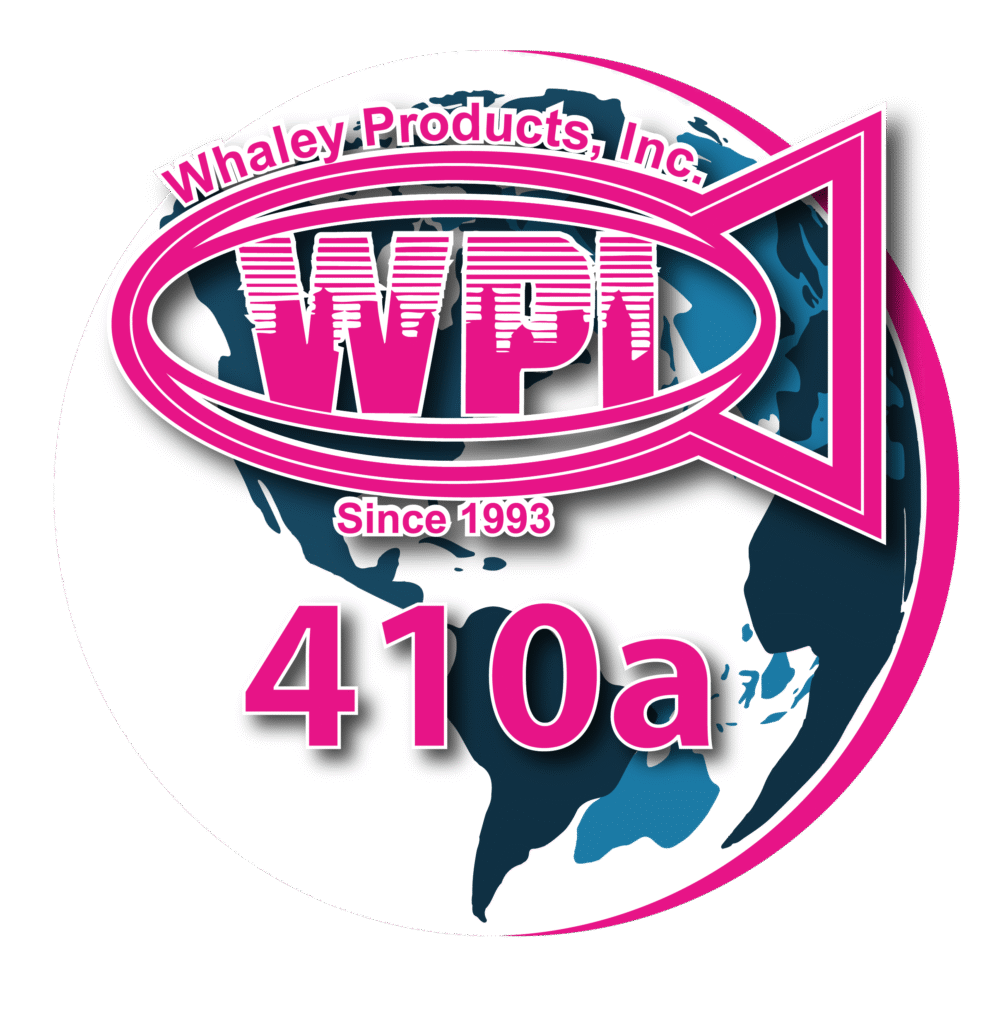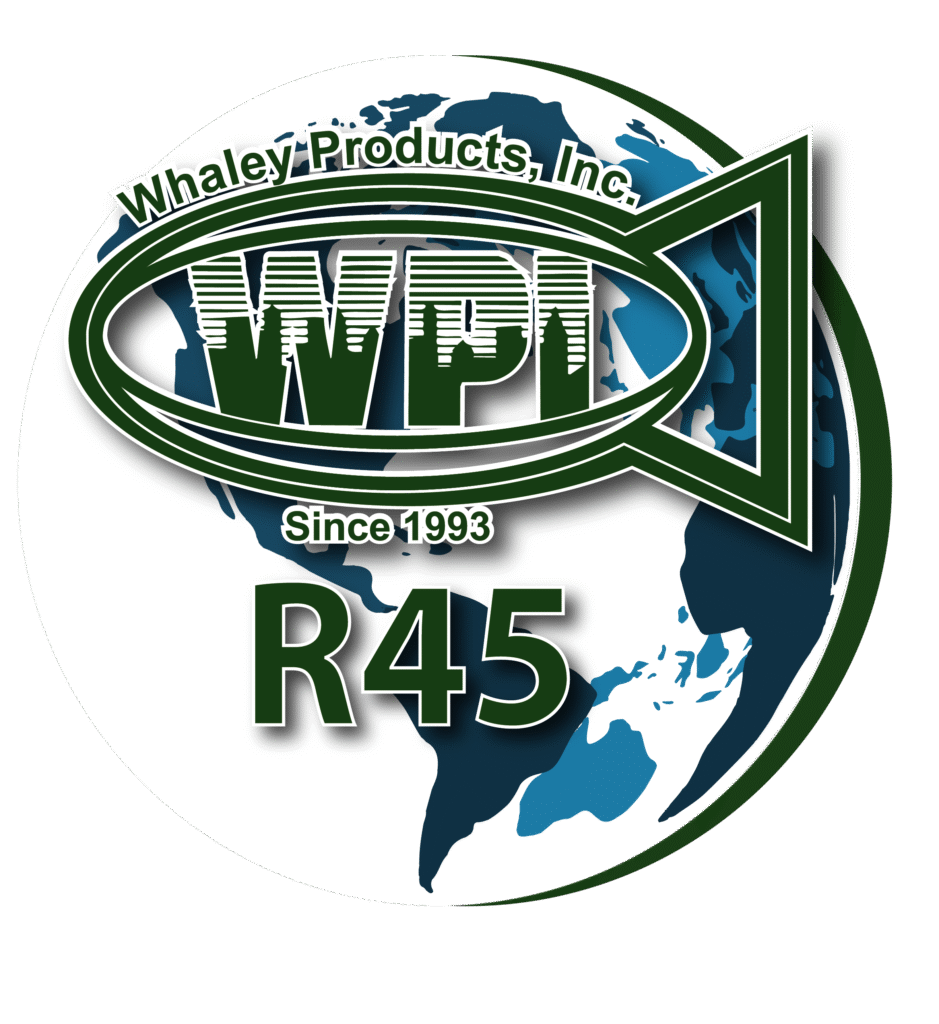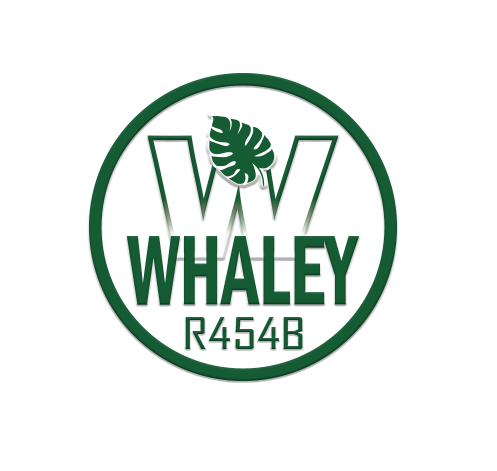
Resources
FREQUENTLY ASKED QUESTIONS:
R454B Chiller Resources | Eco-Cooling Guides
GWP measures a refrigerant’s impact on climate change relative to CO₂. R454B has a GWP of approximately 466, significantly lower than legacy refrigerants like R-410A (GWP ~2088). This makes R454B a more sustainable choice for reducing carbon emissions and meeting environmental regulations.
GWP measures the environmental impact of a refrigerant compared to CO₂. R454B has a significantly lower GWP than traditional HFCs like R-410A, making it a more sustainable choice for HVAC systems. Its reduced carbon footprint supports global climate initiatives and regulatory compliance.
Single-component refrigerants consist of one pure chemical. R454B is a zeotropic blend of R-32 and R-1234yf, engineered to balance performance, safety, and environmental impact. Blends like R454B require careful handling due to temperature glide and component separation during phase changes.
Single-component refrigerants offer consistent performance and easier servicing. However, blends like R454B are engineered to balance efficiency, safety, and environmental impact. Despite requiring more precise handling, R454B delivers excellent performance with lower GWP, making it ideal for modern HVAC applications.
emperature glide is the difference between the boiling points of a blend’s components during evaporation or condensation. R454B has a moderate glide (~5°F), which affects heat exchanger performance and refrigerant recovery. Technicians must account for glide when charging systems and interpreting superheat/subcooling values.
The critical temperature is the maximum temperature at which a refrigerant can exist as a liquid, regardless of pressure. R454B’s critical temperature is 83.7°C (182.7°F). Staying below this threshold ensures proper phase transitions and system reliability, especially in high-ambient environments.
LFL is the minimum concentration of refrigerant in air required to support combustion. R454B has an LFL of 0.306 kg/m³, making it less flammable than many alternatives. As an A2L refrigerant, it requires ventilation, leak detection, and safe installation practices, but poses minimal ignition risk under normal conditions.
Lifetime emissions account for both direct refrigerant leaks and indirect emissions from energy use. R454B’s low GWP and high efficiency contribute to reduced total emissions over the system’s lifespan. This holistic view supports sustainable design and long-term environmental stewardship.
Focusing solely on direct emissions overlooks the energy-related impact of refrigerants. R454B offers a balanced approach—low direct emissions and high energy efficiency—resulting in lower lifetime emissions. This makes it a smart choice for eco-conscious HVAC systems and regulatory compliance.
A2L Benchmark
R-32 is actively promoted and adopted by multiple OEMs of rooftops, chillers, window AC, mini splits and VRV/VRF equipment worldwide. Major mini-split OEMs are expected to bring their R-32 designs into NA before 2025.
R-410A Benchmark
R-32 Benchmark
Total Emissions (kg CO2-eq.) 14 17,263
Total Emissions (kg CO2-eq.) 14 14,916 (13.6% lower)
Total Emissions (kg CO2-eq.) 14 1 15,008 (13.1% lower)
R-454B Benchmark
Whaley Products Inc.







